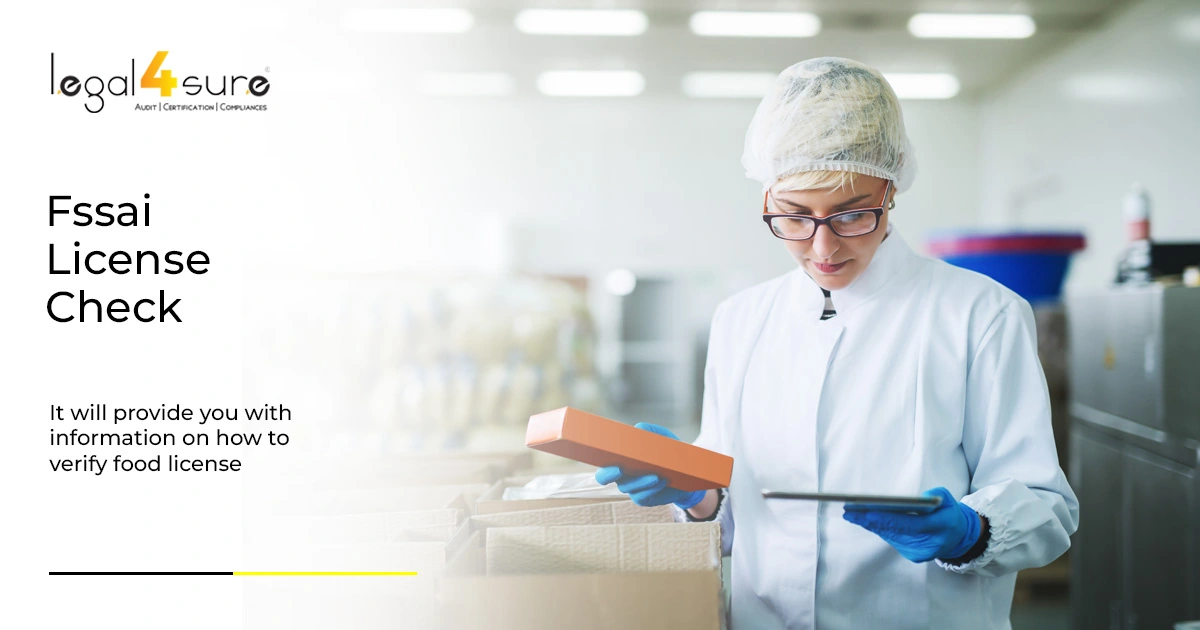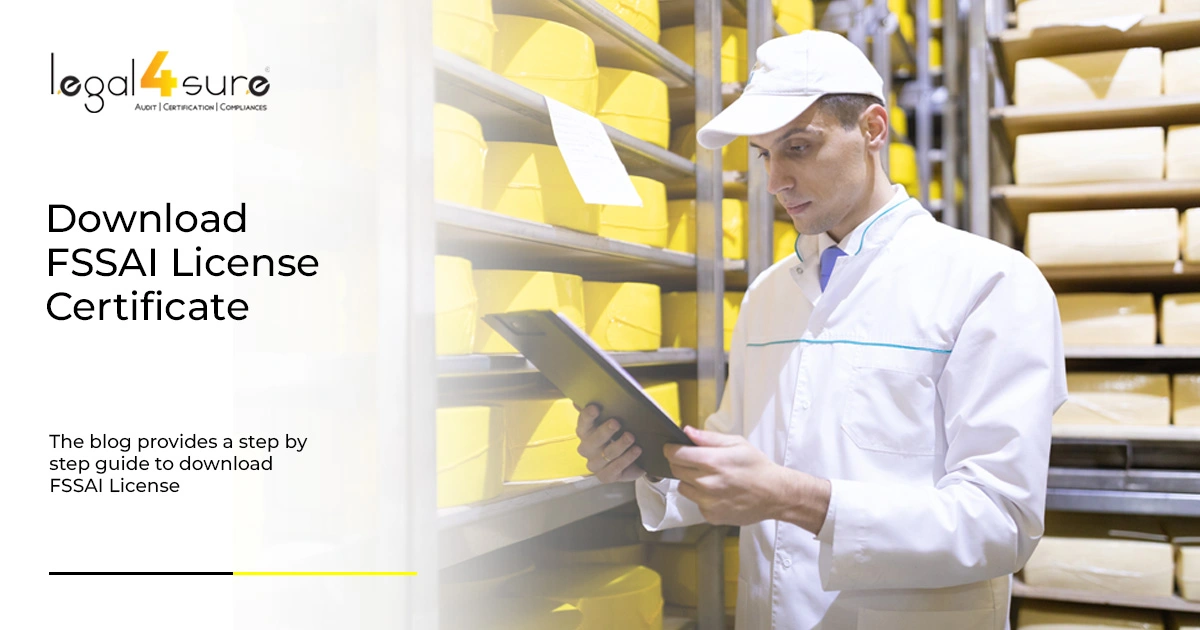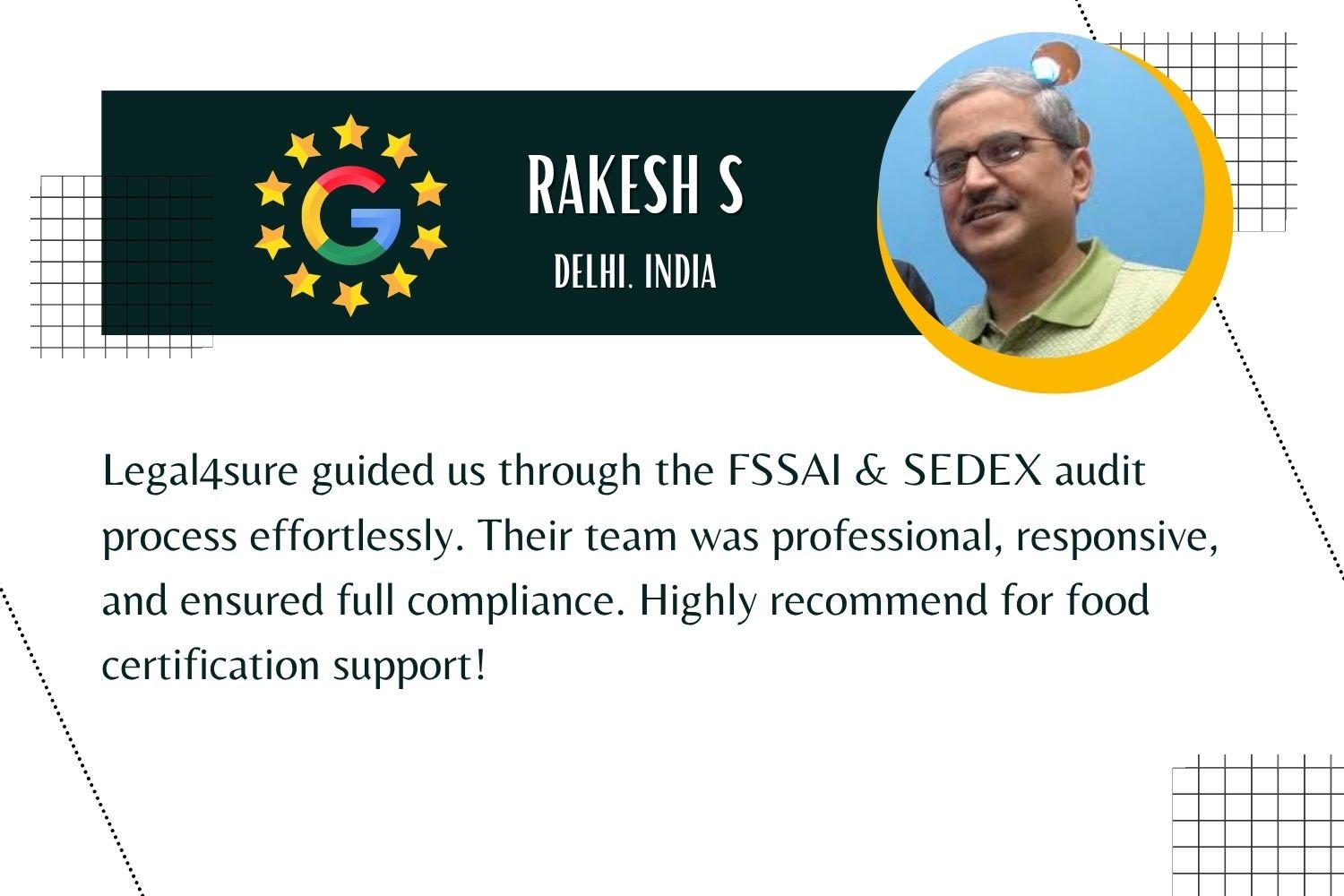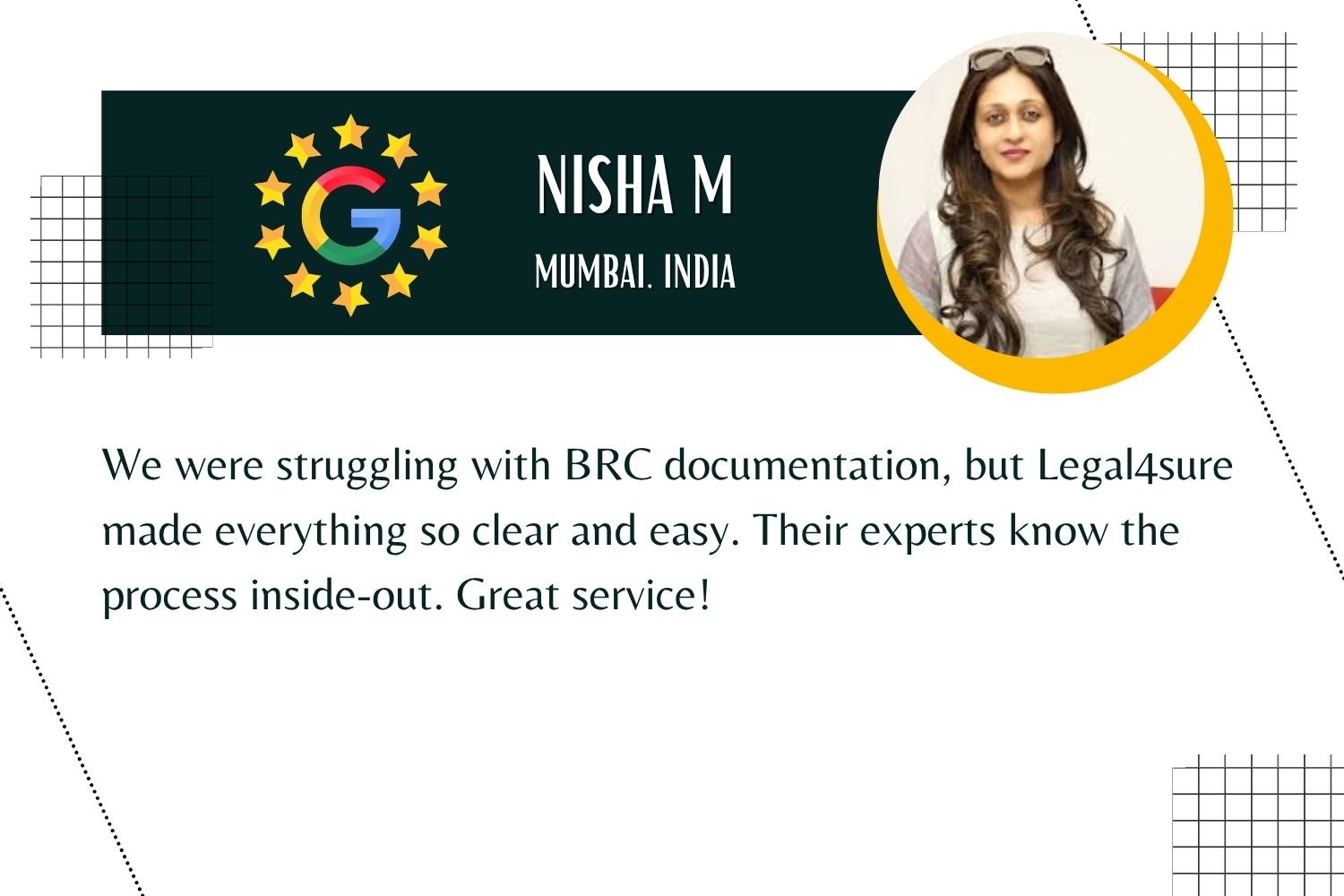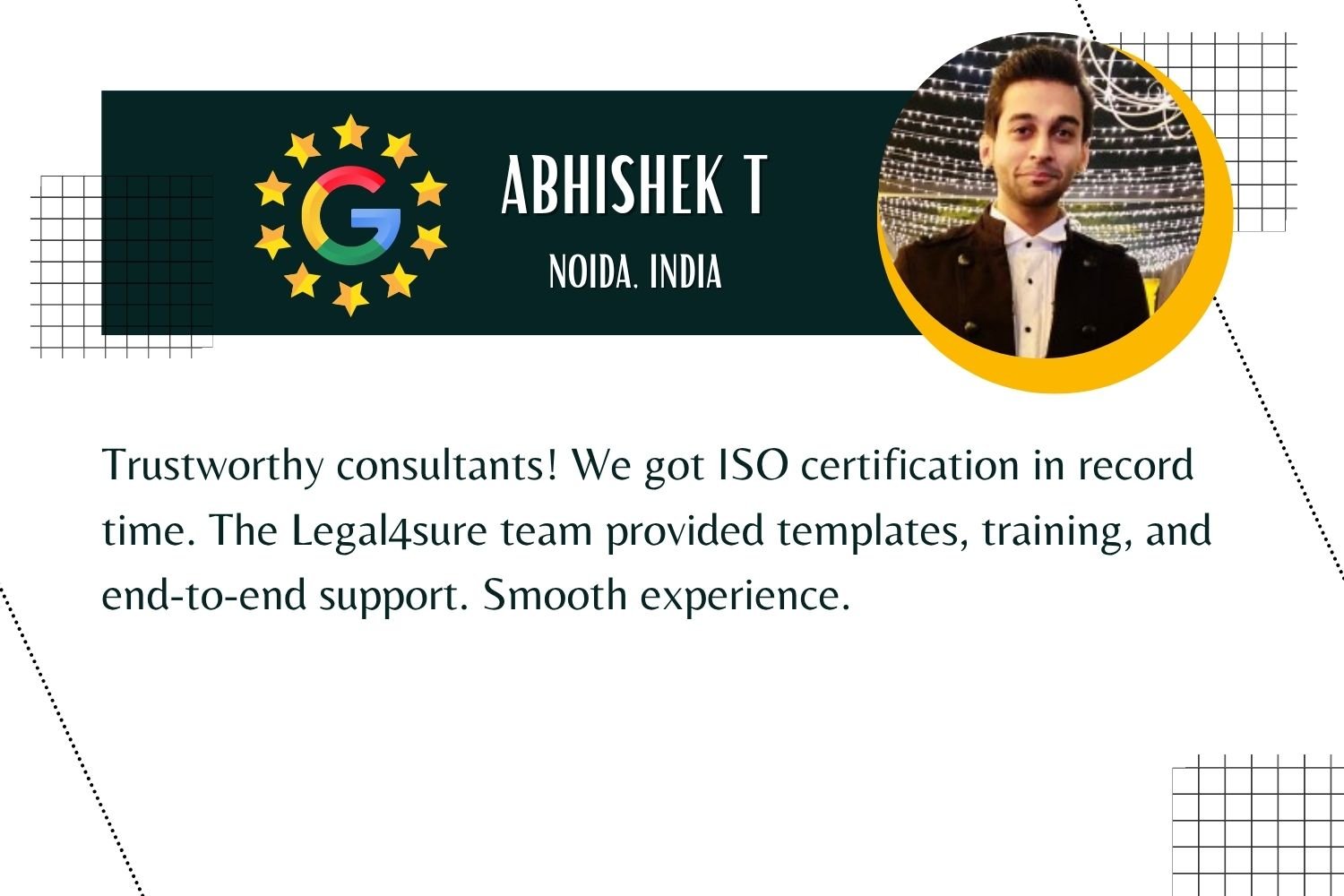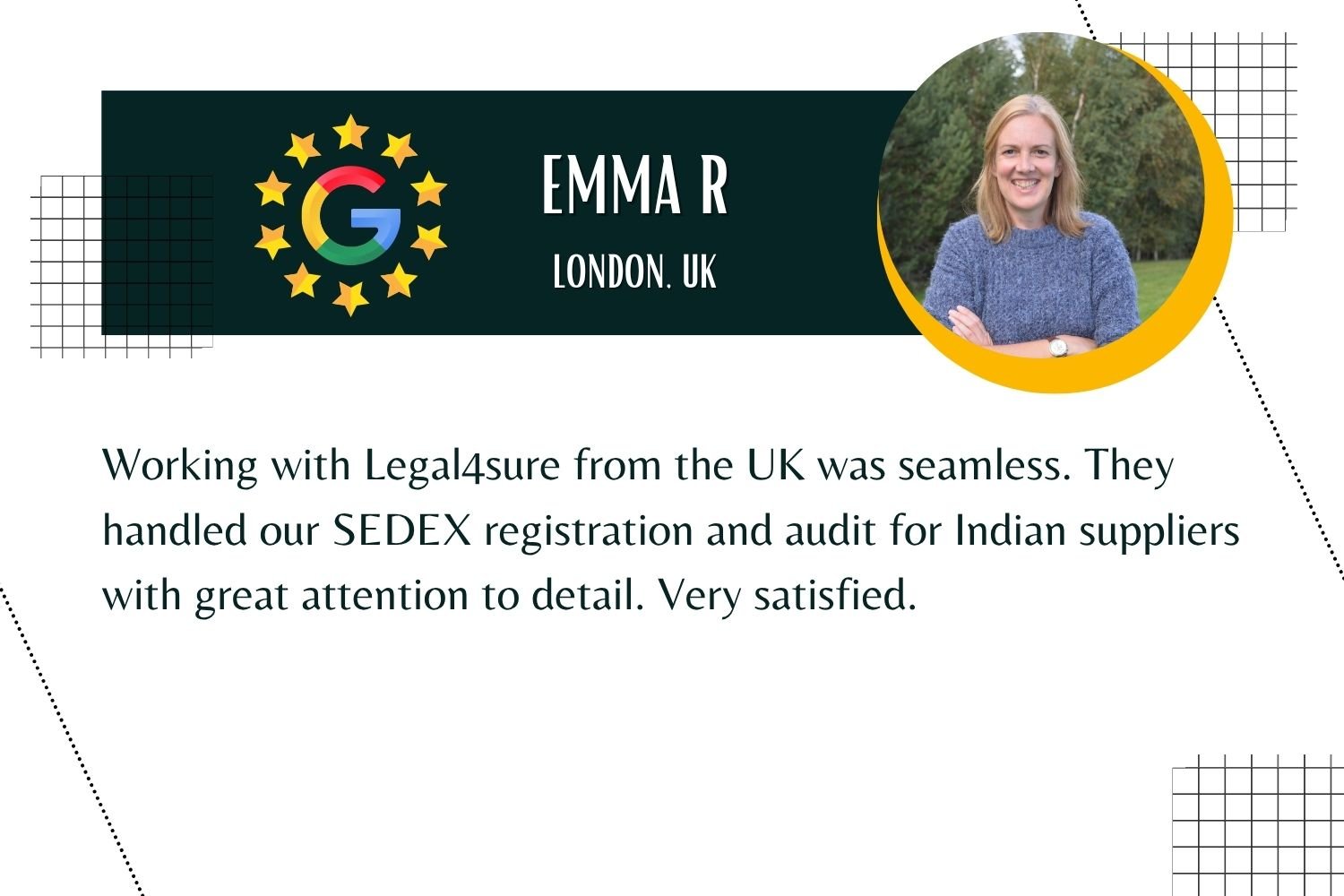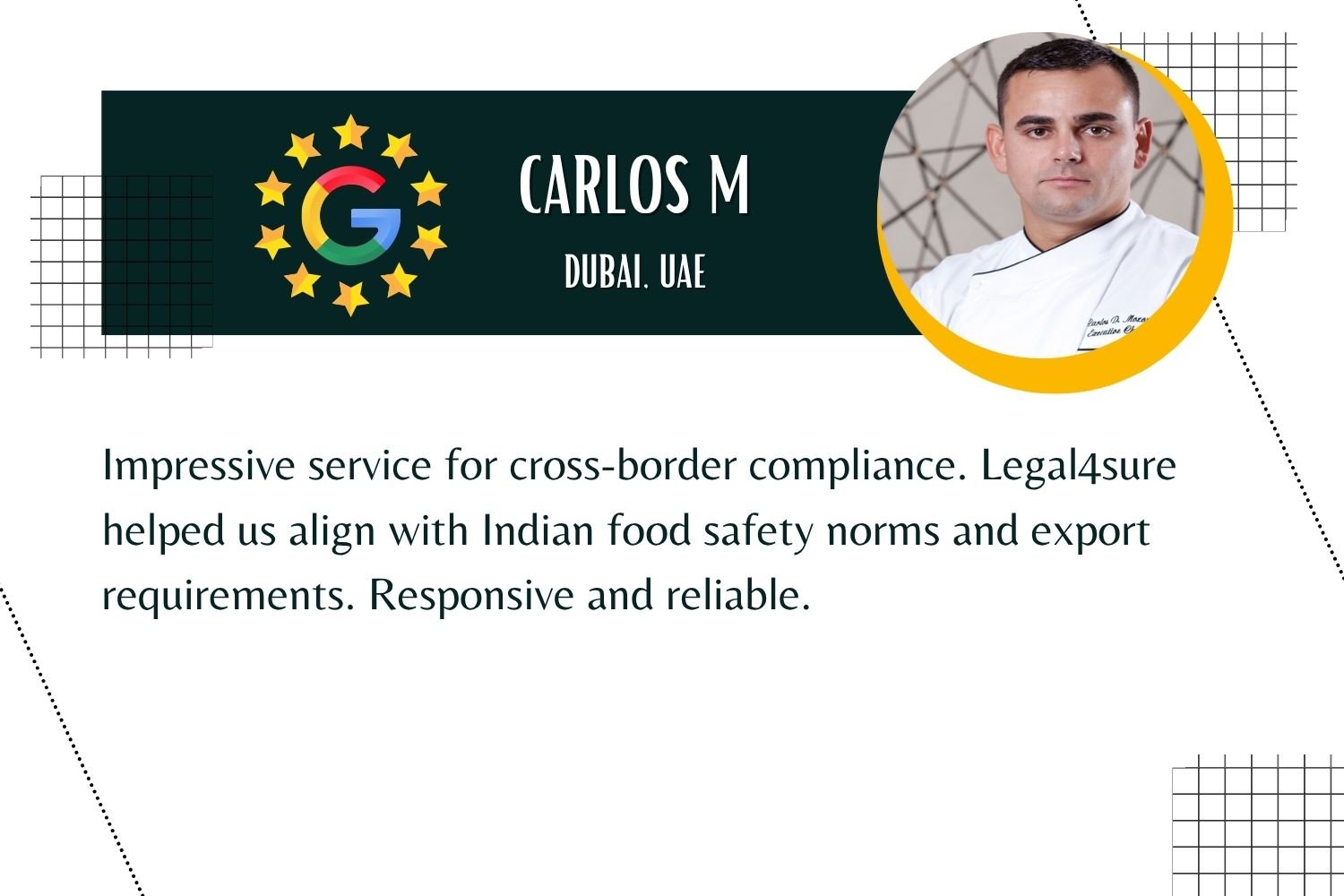Food safety and compliance are important components of a food manufacturer’s overall capability; food safety creates credibility, potentially allows for market access expansion, and protects the brand. For rural startups and small manufacturers, understanding food safety and achieving certifications that are recognized by grocery retailers as GFSI-supported is a large step in establishing a food manufacturer’s growth and credibility as a quality supplier.
This blog is regarding GFSI certification and common barriers to achieving it, its importance, and also a lenient and straightforward plan with steps to help you reach this goal to gain your GFSI certification.
What is GFSI Certification?
The Global Food Safety Initiative is a globally recognized standard for a food safety management system. GFSI allows food organizations to show confidence and trust in their management system, which was validated against an internationally accepted operational standard that positively assures consumers about food products.
Here are some examples of GFSI certification:
- BRCGS is accepted across the retail spectrum and internationally accepted.
- FSSC 22000: This standard is based on ISO 22000 and any other food safety requirements.
- SQF: This was developed to meet the requirements of any-sized organization.
What Challenges Do Small Food Businesses Face in Getting GFSI Certification?
The acceptance of compliance and certification may be challenging for small enterprises or start-up businesses. When issues can be determined upfront, they can be thought out, and resources can be arranged against the issues:
- Paperwork for regulatory compliance: Food regulations in India can be difficult; it will only become more challenging if you are delivering to any international regulations.
- Resources: Companies with fewer people, funds, and infrastructure can have a greater challenge in preparing for compliance and audit-related issues.
- Paperwork and procedures: GFSI standards may require documentation, traceability, and compliance with documented and/or procedural practices.
- Training staff: Staff and anyone who would be aware and familiar with compliance-related food safety will take time and require training.
Why Should Small Food Businesses Care About GFSI Certification?
GFSI-approved certifications represent more than a regulatory obligation, and they are a tactical investment.
- Creates Trust: It shows your customers and partners that you care about meeting food-safety standards that meet internationally recognized food-safety guidelines.
- Access to Market: For many retailers as well as export buyers, being GFSI certified is a requirement of their suppliers.
- Process efficiency: Standardized processes help to minimize errors, waste, and risk of contamination.
What Are the Benefits of GFSI Certification for Food Businesses?
- Globally Recognized Certification – The certification you received indicates that you, as a business, have demonstrated adherence to the internationally recognized food safety standards and requirements.
- Reduced Risk – Structuring your business on a lower risk trajectory to recalls, contamination, and possible regulatory costs.
- Competitive Differentiation – The products you manufacture for consumer and export markets will now be recognized as certified.
- Increase Efficiency – Internally, you will increase your efficiency of the process, which will drive more productivity and thus provide a lower overall operating cost.
Step-by-Step Guide to Getting GFSI Certification
There are simple steps to make the certification process easy if you take a methodical approach:
Evaluate Your Existing Food Safety Management Systems
- Self-evaluate sanitation, recordkeeping/documentation, and operational practices.
- What was missing when you evaluated against the GFSI standards?
Choose the Appropriate Certification Scheme
- BRCGS: Retailer-focused – This will probably be the most recognized.
- FSSC 22000: This is ISO 22000 and additional requirements.
- SQF: This is designed for a small to medium-sized manufacturer.
Implement Changes and Train Your Teams
- Edit SOPs or develop your own.
- Train on compliance, hygiene, and traceability.
- Mock audits provide opportunities to evaluate and understand the audit process prior to the unannounced accreditation audit.
The Audit that Leads to Certification
- Use a GFSI-approved auditor.
- Make sure to be present for the audit.
- Complete the audit process to the approved GFSI standard and address all non-conformances.
- Once you are complete, you will be awarded your certificate (which generally lasts between 1 – 3 years.
Why Do Food Businesses in India Need GFSI Certification?
- India’s food sector is expanding quickly, with increasing expectations for global food safety standards, both domestically and for export. Certifications that are accredited by GFSI can:
- Demonstrate credibility and trustworthiness of the food business with both buyers and consumers.
- Create contracts with national and international buyers.
- Decrease brand contamination liabilities, sanctions, and non-compliance.
Conclusion
Legal4sure‘s goal is to take the worry away from food businesses carrying out recognized GFSI certifications. Our allies engage closely with small manufacturers throughout the whole process, which will provide the support your business needs from the gap assessment through to the audit. This means that you can focus on compliance, generating efficiencies, and, by far, the most important part – creating new market opportunities.
FAQ
1: What does it mean to hold a GFSI-recognized certification?
Ans: A GFSI-recognized certification indicates that the certification has gone through a certification process.
2: How long does it take for organizations to become GFSI certified?
Ans: In terms of their recommendation, from their experience, it is about 3-6 months on average to become GFSI certified by a food manufacturing organization, contingent on meeting the level of compliance.
3: Which GFSI certifications would you recommend to small manufacturers, especially in India?
Ans: We would say BRCGS and FSSC, and SQF, so those are the GFSI certifications, and those recommendations will typically be made.



